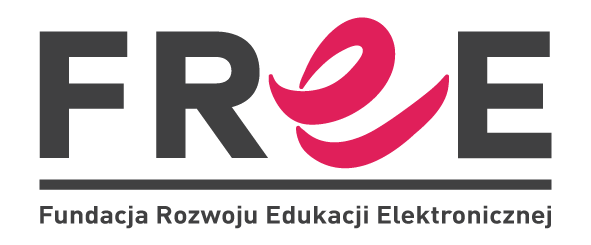People with disabilities, especially with visual impairments, have limited accessability to abundance of content offered by the Internet. To goal of this project is to set up a study group, also comprising people with visual impairments, which would analyze legal aspects of latest rules regarding methods of publishing content in Web, from the perspective of national, european and international legislation, as well as its practical implementation in Poland.
Initial research conducted by FREE Institute revolves around effective and proposed regulation in this area, toghether with technical standards, especially recent second version of the Web Content Accessability Guidelines (WCAG 2.0). Under these guidelines website creators should ensure, that people with visual impairments will be able to use the service through, for example, special software that reads out content displayed on screen.
It is worth mentioning, that Polish legislator placed these guidelines high in hierarchy, by requiring all websites run by public institutions in Poland to implement WCAG 2.0 by June 2015. Polish law scholars have yet to adress this issue. There hasn’t been conducted any research by lawyers regarding principles of WCAG, personal scope of obligation to apply them, and legal consequences of refraining from doing so. Researchers in FREE Institute applied for financing to Polish National Science Centre with the aim of conducting basic research in this area.
